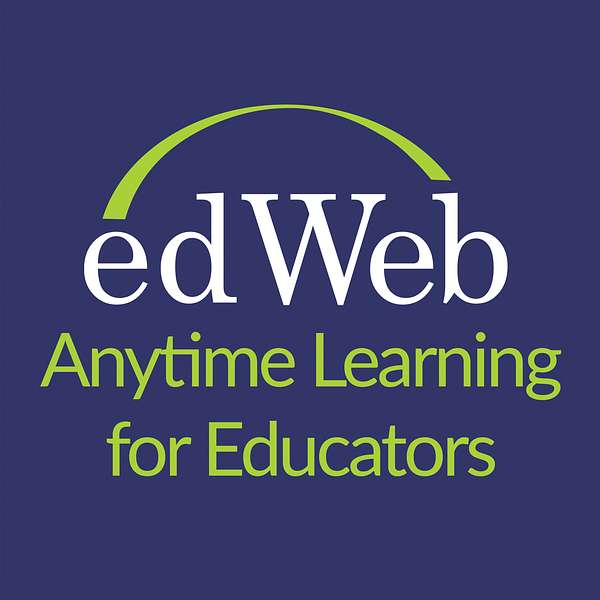
edWebcasts
edWebcasts
Moving Past the Reading Wars: Peaceniks Lead the Way
This edWeb podcast is sponsored by Learning Ally.
The edLeader Panel recording can be accessed here.
In this edWeb podcast, you hear from a group of researchers and practitioners who have dubbed themselves the “Reading Peaceniks” after meeting for two years and searching for ways to end the divisiveness of the reading wars. The goal of the Peaceniks is to bring together a broad spectrum across disciplines within literacy education to realize that there is more in common than there are differences. There are meaningful ways to present essential direct instruction that provide children with oral language development and the alphabetic coding that research has shown they need to develop into joyful readers and writers.
With the recent paper Print-to-Speech and Speech-to-Print: Mapping Early Literacy, published by Reading Rockets, the panelists, who are authors and contributing editors of the paper, have chosen to address essential components of instructional approaches at their earliest roots—PreK to Grade 1 or 2. In this paper, they found consensus with 35 renowned literacy thought leaders and researchers after much discussion and editing. It suggests “good practices” for early literacy that they hope will address that yearning for meaningfulness on both sides. Listen to this edWeb podcast to:
- Explore the viewpoints, priorities, and commonalities from the many literacy disciplines
- Discuss the importance of including encoding and decoding that leads to reading and writing
- Learn about actions you can take to promote harmony while spearheading a literacy revolution
This edWeb podcast is of interest to K-12 teachers and school and district leaders.
Learning AllyUnlocking Student Potential Through Improved Literacy
Disclaimer: This post contains affiliate links. If you make a purchase, I may receive a commission at no extra cost to you.
Learn more about viewing live edWeb presentations and on-demand recordings, earning CE certificates, and using accessibility features.